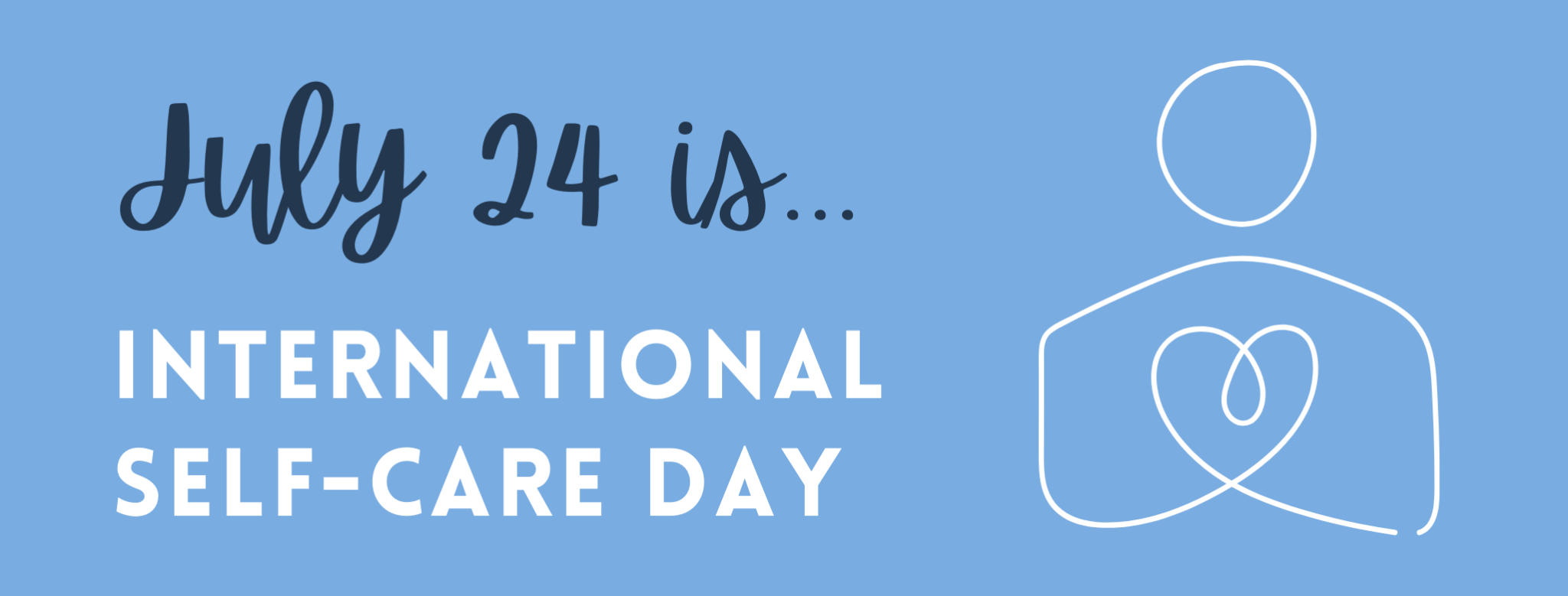International Self-Care Day, observed annually on July 24th, is a global initiative aimed at highlighting the importance of self-care in maintaining overall wellbeing. While self-care is often considered a personal endeavour, its significance extends deeply into the workplace. On this day, organisations worldwide have a unique opportunity to emphasise the importance of self-care practices among employees, fostering a healthier and more productive work environment.
The Essence of Self-Care
Self-care encompasses a wide range of activities and practices that individuals engage in to maintain and improve their physical, mental, and emotional health. This includes everything from eating a balanced diet and exercising regularly to practicing mindfulness and setting boundaries. In the workplace, self-care translates to strategies that help employees manage stress, avoid burnout, and achieve a better work-life balance.
The Impact of Self-Care on Workplace Well Being
A workplace that prioritises self-care reaps numerous benefits. Employees who practice self-care are generally more productive, engaged, and creative. They tend to have better relationships with colleagues and are less likely to suffer from stress-related illnesses. Additionally, a culture that supports self-care can enhance employee retention and reduce absenteeism.
Promoting Self-Care in the Workplace
- Encourage Regular Breaks: Short, regular breaks throughout the day can significantly improve concentration and reduce stress. Encourage employees to step away from their desks, stretch, take a walk, or simply relax.
- Provide Wellness Programmes: Implement wellness programmes that include physical activities, mental health resources, and educational workshops. Yoga classes, meditation sessions, and stress management workshops can be excellent additions.
- Foster a Positive Work Environment: Create an environment where employees feel valued and respected. This includes recognising achievements, promoting teamwork, and encouraging open communication.
- Promote Work-Life Balance: Encourage employees to set boundaries between work and personal life. This can be achieved through flexible work hours, remote working options, and discouraging after-hours communication.
- Offer Mental Health Support: Provide access to mental health resources such as counselling services, mental health days, and employee assistance programmes. Normalise conversations about mental health to reduce stigma.
- Create a Comfortable Workspace: Ensure that the physical workspace is comfortable and conducive to productivity. This includes ergonomic furniture, adequate lighting, and a clean, organised environment.
Activities for International Self-Care Day
On International Self-Care Day, organisations can take specific actions to highlight the importance of self-care:
– Self-Care Workshops: Host workshops focused on different aspects of self-care, such as nutrition, exercise, mindfulness, and stress management.
– Health Screenings: Offer free health screenings to employees, including blood pressure checks, cholesterol tests, and other preventive measures.
– Team-Building Activities: Organise team-building activities that promote relaxation and camaraderie, such as a group hike, yoga session, or picnic.
– Personal Development Sessions: Provide sessions on time management, setting personal goals, and building human sustainability.
– Recognition and Rewards: Recognise employees who actively practice self-care and contribute to a positive workplace culture. Small rewards and acknowledgments can go a long way.
The Long-Term Benefits
Celebrating International Self-Care Day in the workplace is not just about a single day of activities; it’s about embedding a culture of wellbeing that lasts year-round. When employees feel supported in their self-care practices, they are more likely to stay motivated, loyal, and engaged. This not only enhances individual wellbeing but also contributes to the overall success and sustainability of the organisation.
International Self-Care Day serves as a powerful reminder for organisations to prioritise the health and wellbeing of their employees. By fostering a culture of self-care, companies can create a more positive, productive, and resilient workforce. Let’s take this opportunity to commit to self-care practices that benefit both individuals and the organisation as a whole.
Here at Mental Health at Work, we design, develop, and deliver customised mental health programmes, which may include workshops, webinars, and digital content, which support open, human conversations about workplace mental health.
Our mental health workshops and webinars equip your employees with the knowledge and skills to drive attitudinal and behavioural change, enabling everyone to manage mental health within their roles; improving working lives and helping organisations to thrive.
To discuss your requirements, please use the contact form and we will get back in touch.

